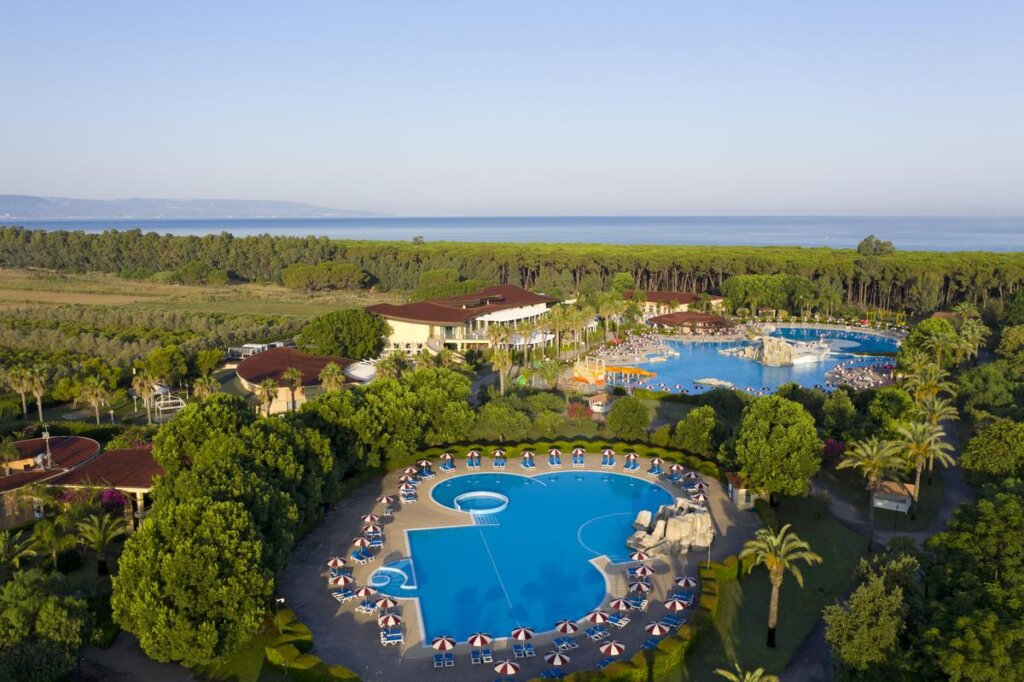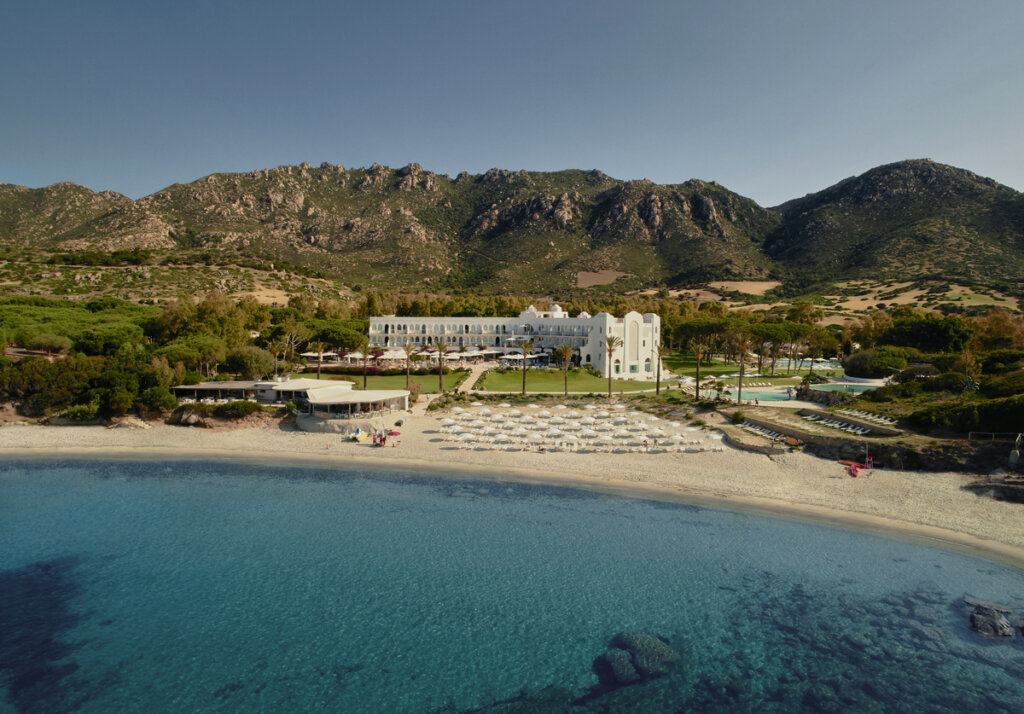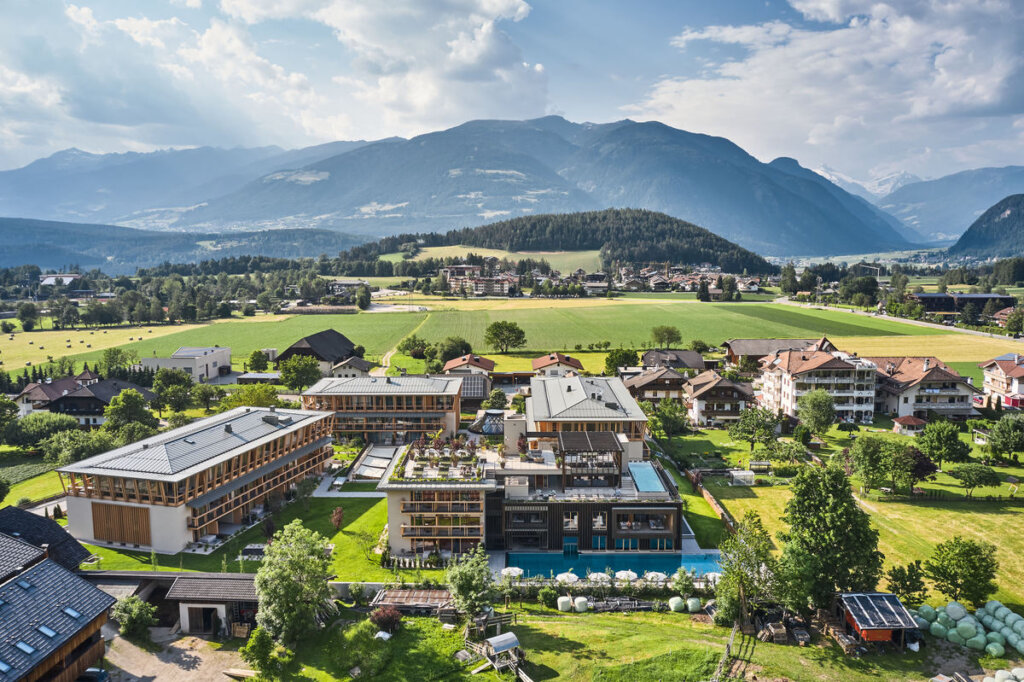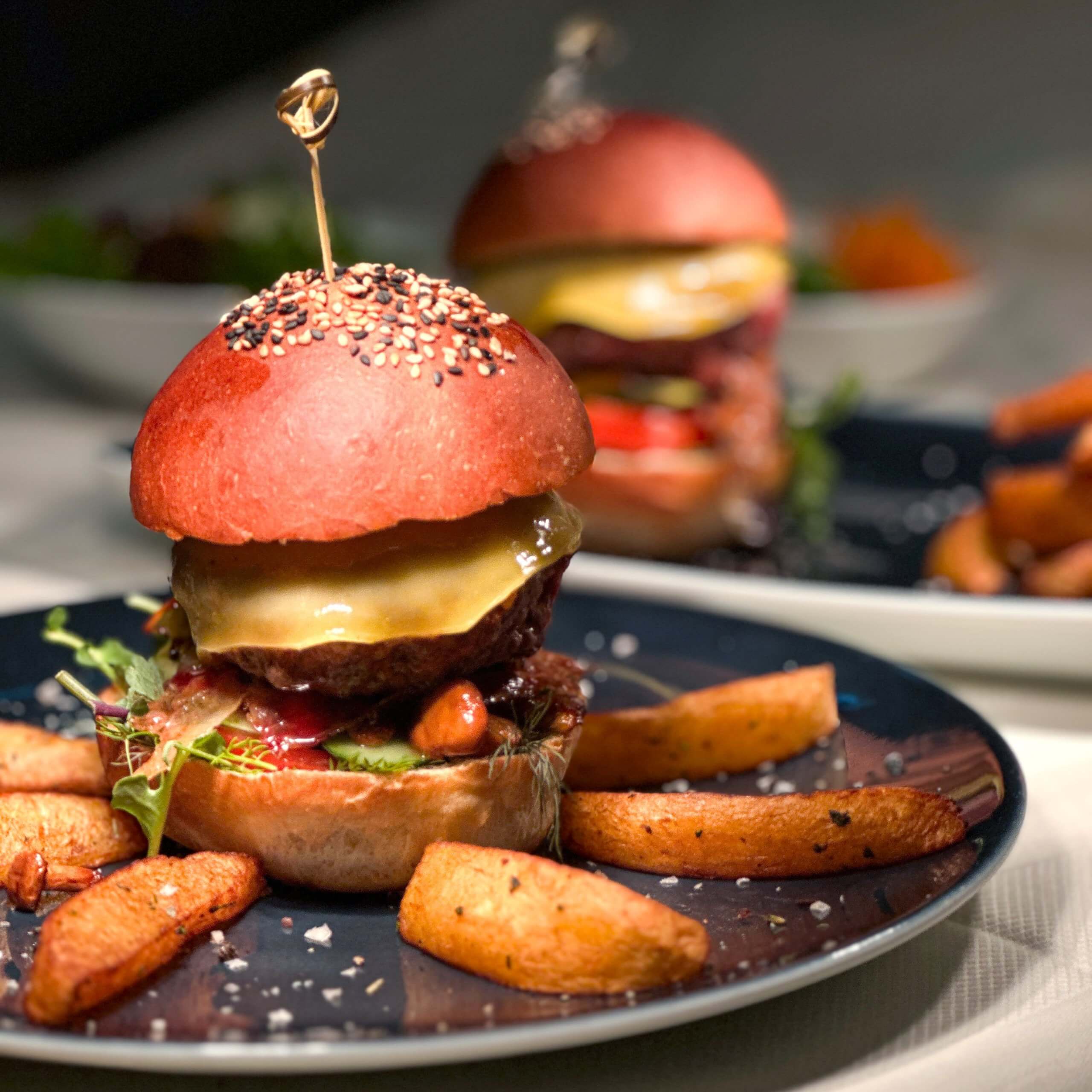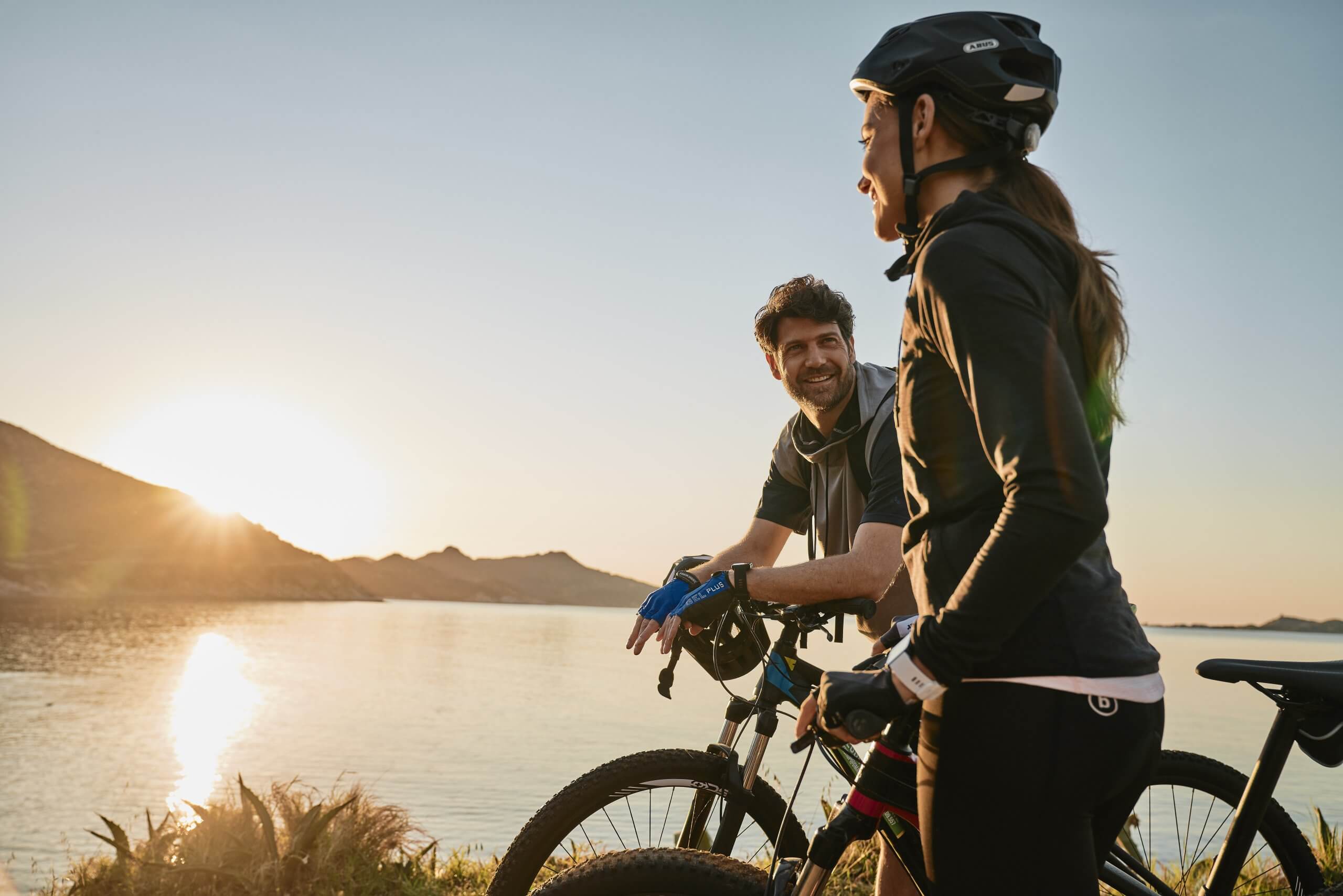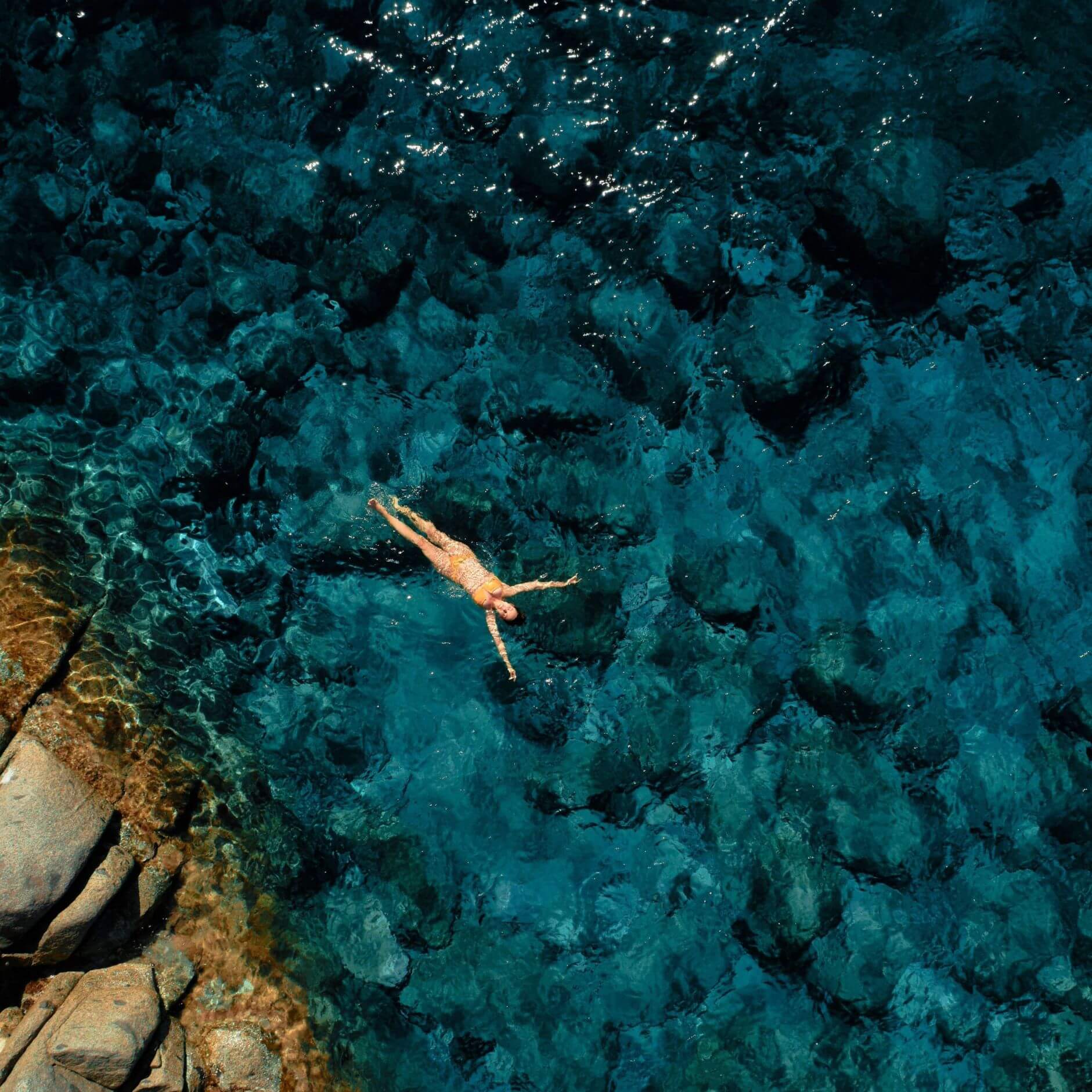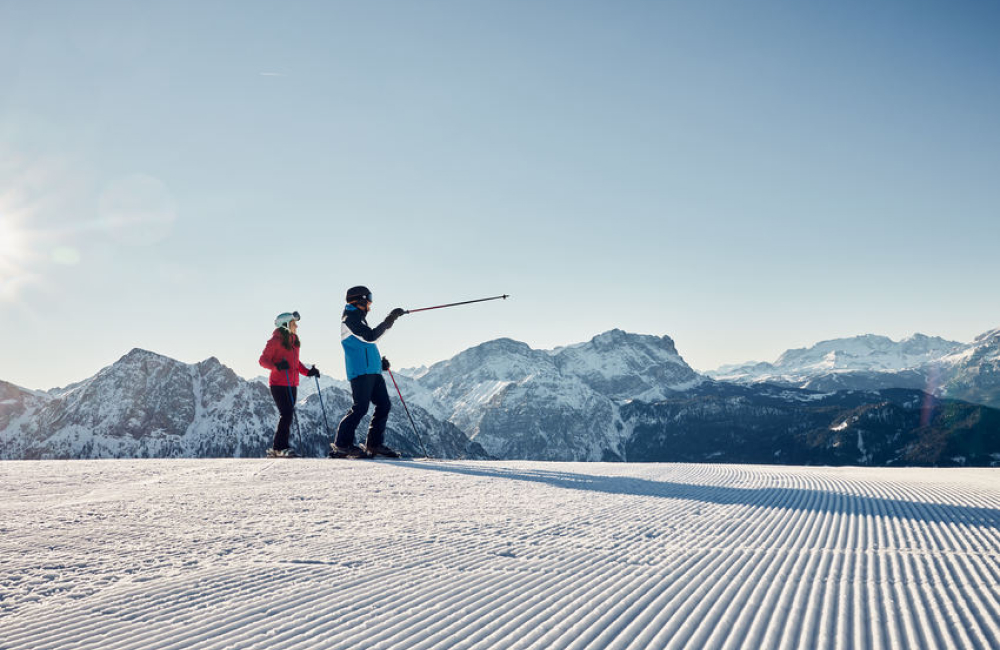“I want the guests to understand my food.” – South Tyrolean star chef Theodor Falser on cooking with his grandmother, food without compromise, and working with Falkensteiner
- Who cooked at your house and where does your love of regional and seasonal dishes come from?
It comes from my childhood. My grandmother cooked at home. And she used everything. I grew up in a simple family of farmers in Bolzano. We had what the farm yielded. Sustainability – the word didn’t even exist yet, and yet we already lived sustainably. We simply cooked what we harvested in the high season.
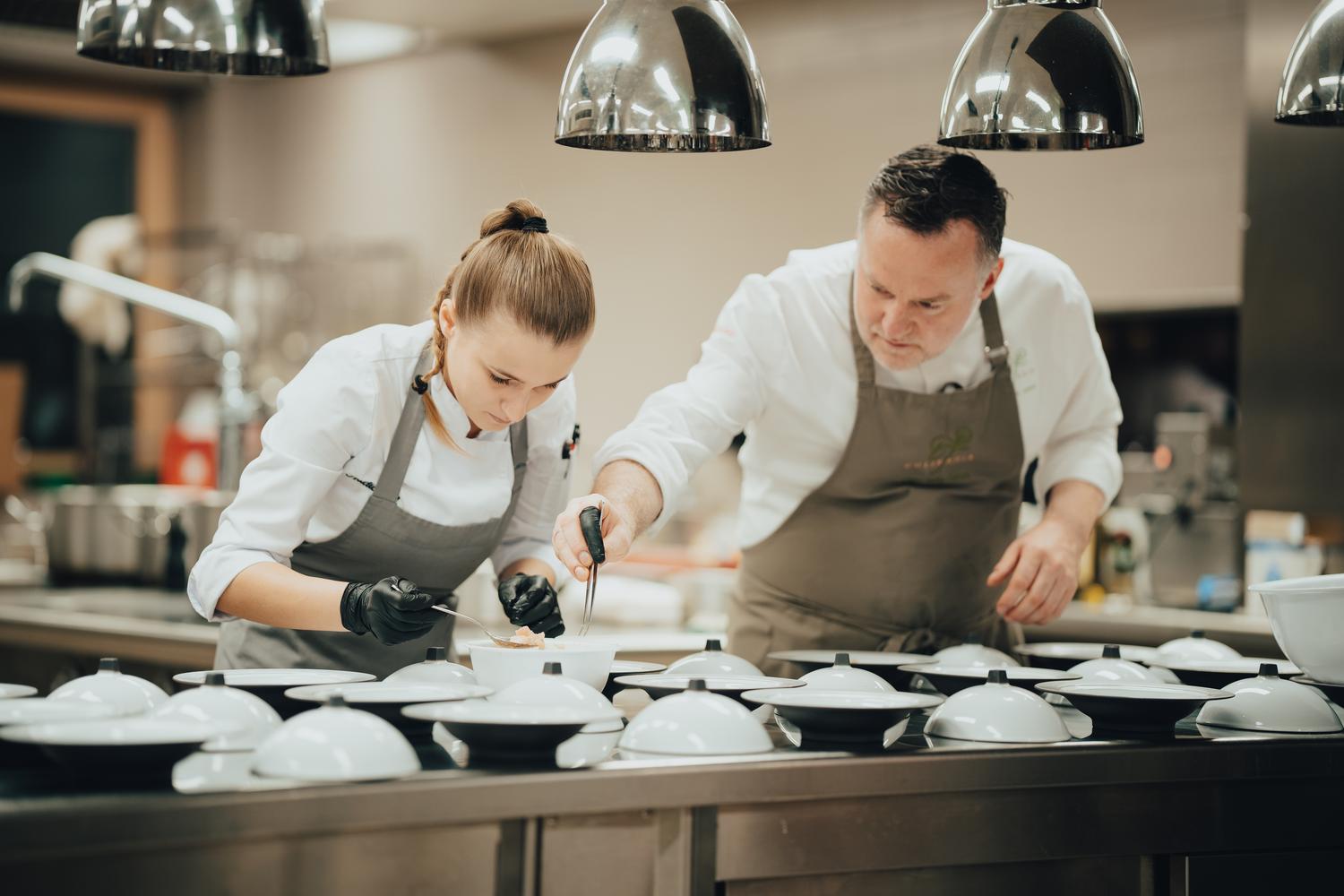
What was not used immediately, we fermented and boiled down. We only bought rice, salt, or sugar. So I was born with a natural way of dealing with food.
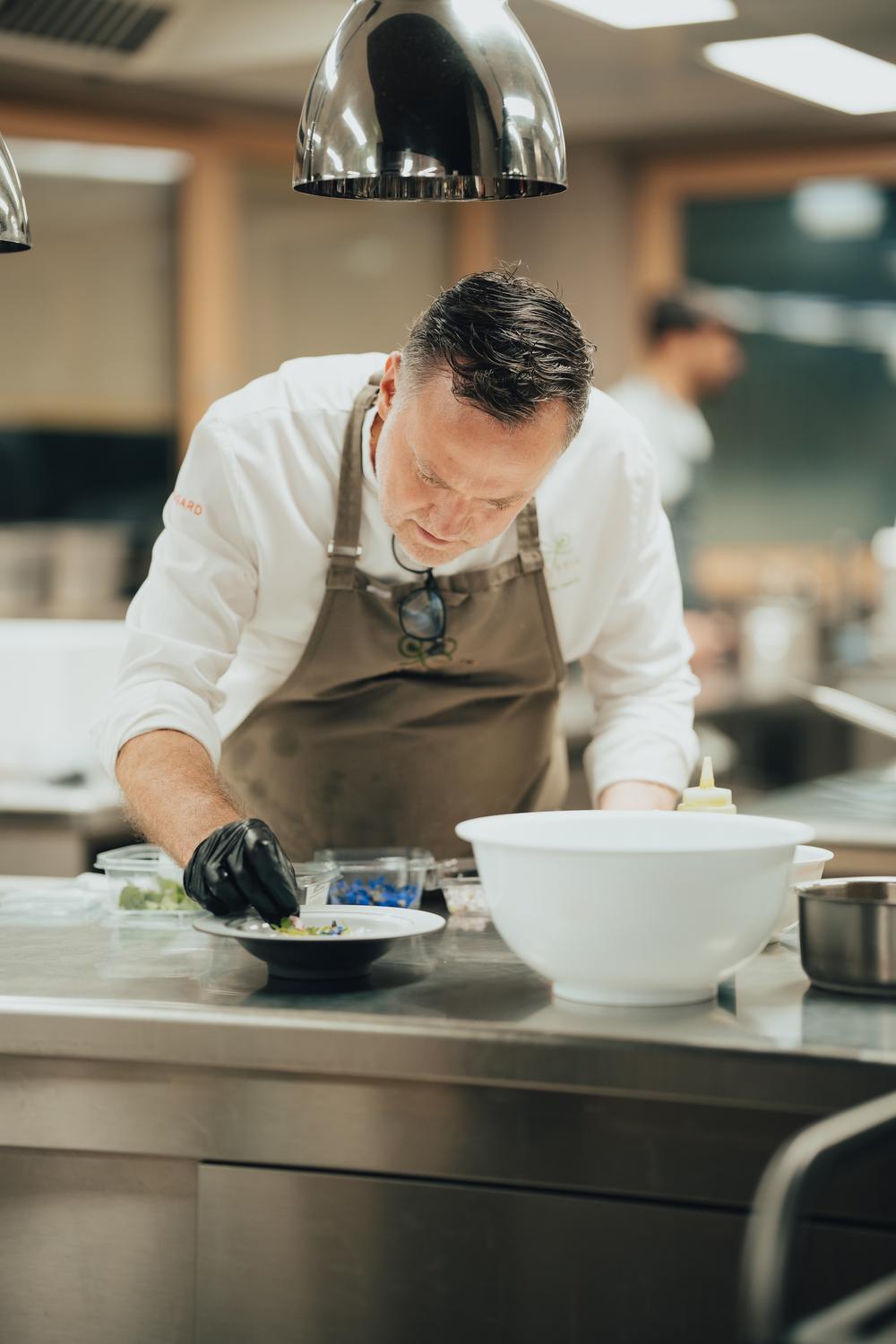
- What kind of food did you process, for example?
We slaughtered and smoked our own sausages and bacon. We baked our own bread. We also grew our own wine. We processed and stored our fruit and vegetables. Now it’s almost a trend again to ferment. It used to be a must in order to survive. We didn’t know vitamin D tablets for the winter – we drank sauerkraut juice. It smelled awful, but it was a vitamin bomb.
- Do you think the trend is towards reduction?
Definitely. There will be two big trends. One is global chi-chi fine dining with decorated plates at a high level. And then the cuisine that is understood. Where you know exactly where the product comes from. There are only two or three components on the plate and then it’s ready. That’s the most important thing: to make a cuisine that is technically at the highest level, but the star always remains the product. And the product comes from the region.
- When did you decide to radically focus on regional products with your concept ‘Taste Nature’? And what was the reason?
It has always been in me. When I came back to South Tyrol after stations in Beijing, Kuala Lumpur but also Bermuda, I knew what my path should be. I no longer wanted to use products harvested on the other side of the world just because it’s cool. We have an incredible variety of foods and spices in our own region. And we should use them. Because that’s the only way we keep the cycle alive – from the product to the farmer and local producer, to the end consumer. My team and I take this very seriously, are almost fundamentalist, and are really extreme in our work. But this is the right way for us.
- For such uncompromising cuisine, you naturally need the right partners. How do you choose your producers and suppliers?
I keep my eyes open and take a close look at who produces what. And I rely entirely on word of mouth. The farmers are a close-knit community and help each other. Trust and cooperation at eye level are incredibly important here.
- You developed Taste Nature, especially for the Engel and the Johannesstube. Could you briefly explain the concept again?
Taste Nature is only intended for South Tyrol and the Johannesstube, because it can only be implemented here. We only source four products from outside South Tyrol. On the one hand, the char and trout caviar, come from a small fish farm in Trentino. The salt comes from Cervia and the sugar. Everything else comes from South Tyrol. We don’t use chocolate, cinnamon, or vanilla. We started with Taste Natur in 2014 and will continue to do so.
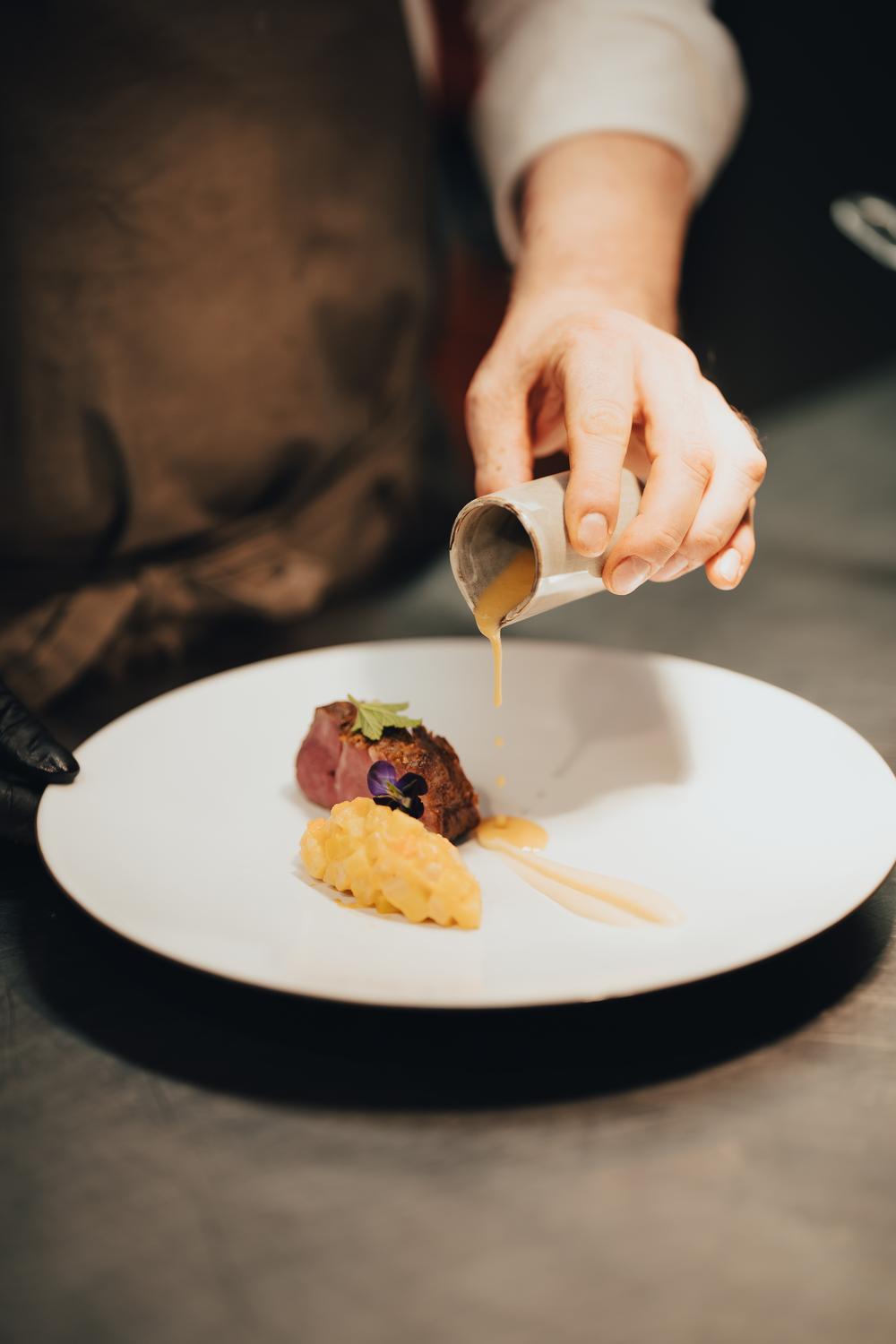
- That would actually make you a candidate for a green Michelin star?
That is our goal, to get a green star and to keep it. We live this. We have woodchip heating throughout the hotel with woodchips from the surrounding forests. The electricity comes from the valley. We try to go really hardcore. But of course, others try that too.
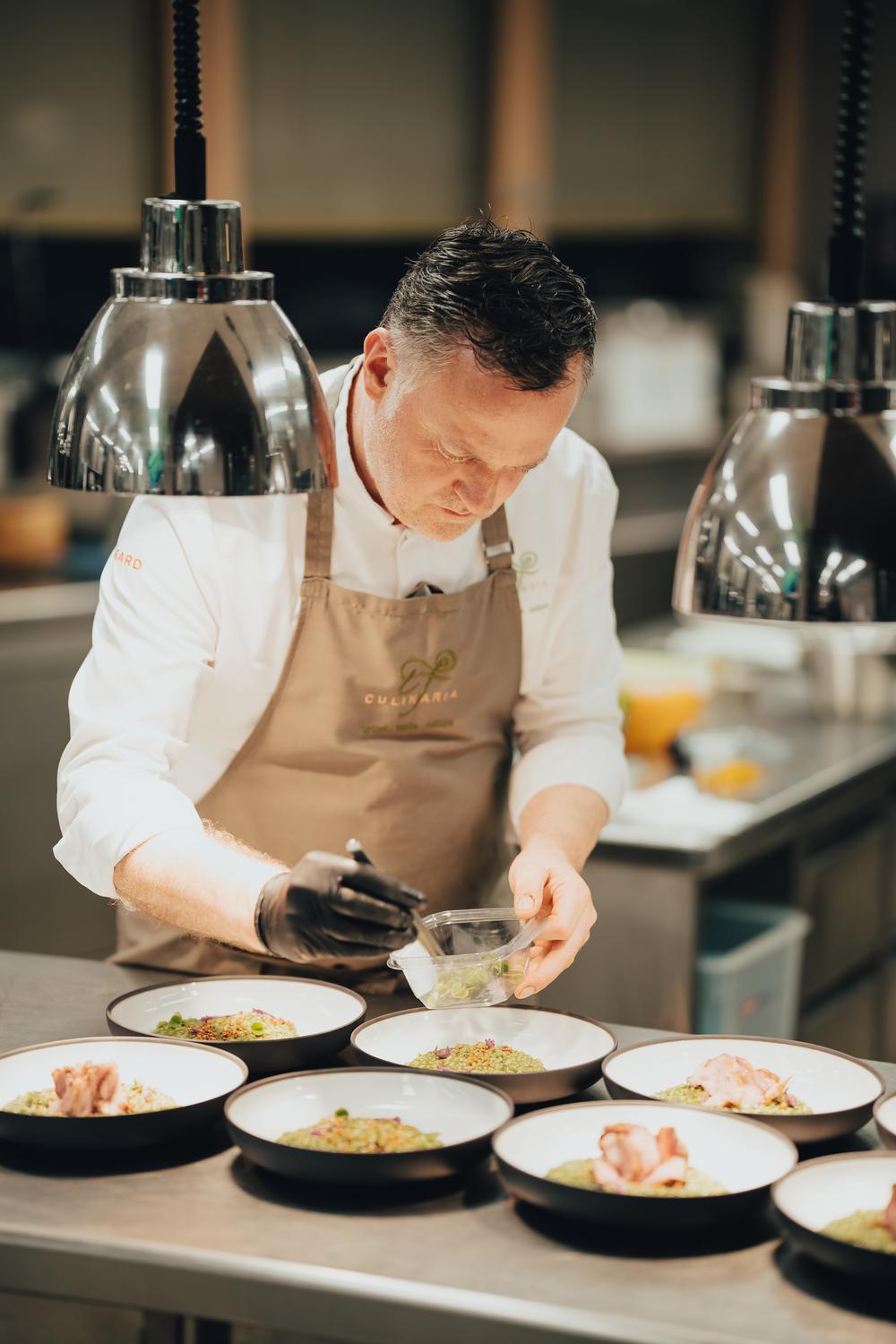
- Falkensteiner & Falser is available at three locations. What is the red thread?
The common thread is always the local products.
For example in Capo Boi: We buy all the meat products locally, and the vegetables are also 100% local. We do have to import certain spices, but the main component of the dishes always comes from the region.
In Calabria, too, the focus is on the region. Calabria is certainly one of the most underrated culinary destinations in Italy. With numerous treasures that only a few know about. The region is very special with its mountains and coasts. Only there, for example, is the Cipolla di Tropea, a unique onion that grows practically by the roadside. I don’t really like raw onions, but these are sweet and for me a work of art from Calabria.
At Kronplatz, everything comes from the region anyway. Here I also always use nettle, a very healthy vegetable that grows wild everywhere. We also have wild garlic, which I pickle and ferment.
Our own miso is made from buckwheat and barley, which we use to make sauces for meat dishes.
- What is most important to you in your work?
I want to celebrate natural cuisine that is nevertheless very tasty – attractively presented, with beautiful herbs. They are not just decorations. Then use everything. I dry onion skins, for example. That gives the flavour something earthy. Buckwheat, washed, dried, and frozen, gives the nuttiness.
I am also with the guests a lot and take time to explain the dishes. I want there to be interaction and answer as many questions as possible. Because I want the guest to understand my food. That is the most important thing for me.
- Thank you for talking to us and taking the time to do this interview!

